Neuroscience
-
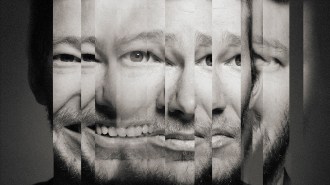 Anthropology
AnthropologyHumans have linked emotions to the same body parts for 3,000 years
3,000-year-old clay tablets show that some associations between emotion and parts of the body have remained the same for millennia.
By Jason Bittel -
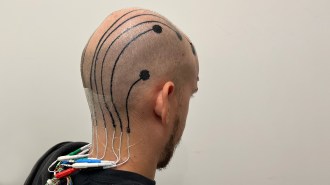 Neuroscience
NeuroscienceElectronic ‘tattoos’ offer an alternative to electrodes for brain monitoring
A standard EEG test requires electrodes that come with pitfalls. A spray-on ink, capable of carrying electrical signals, avoids some of those.
-
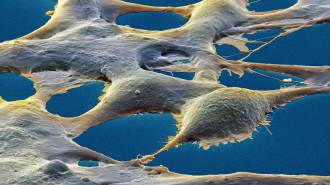 Neuroscience
NeuroscienceLike brain cells, kidney cells can form memories
Scientists found memory’s molecular machinery at work in cells outside the nervous system.
-
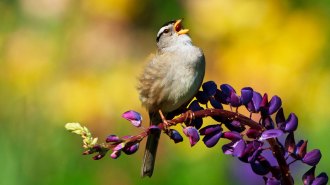 Neuroscience
NeuroscienceSome people don’t have a mind’s eye. Scientists want to know why
The senses of sight and sound are usually mingled in the brain, but not for people with aphantasia.
-
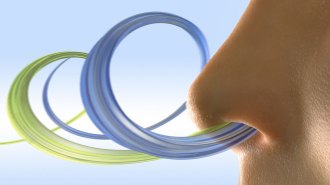 Neuroscience
NeuroscienceYour brain can perceive subtle odor changes in a single sniff
The speed at which our brain can tell smells apart is on par with color perception, a new sniff device shows.
-
 Neuroscience
NeuroscienceHair pulling prompts one of the fastest known pain signals
The ouch of hair pulling is transmitted with the help of a protein used to sense light touches. These details could lead to new treatments.
-
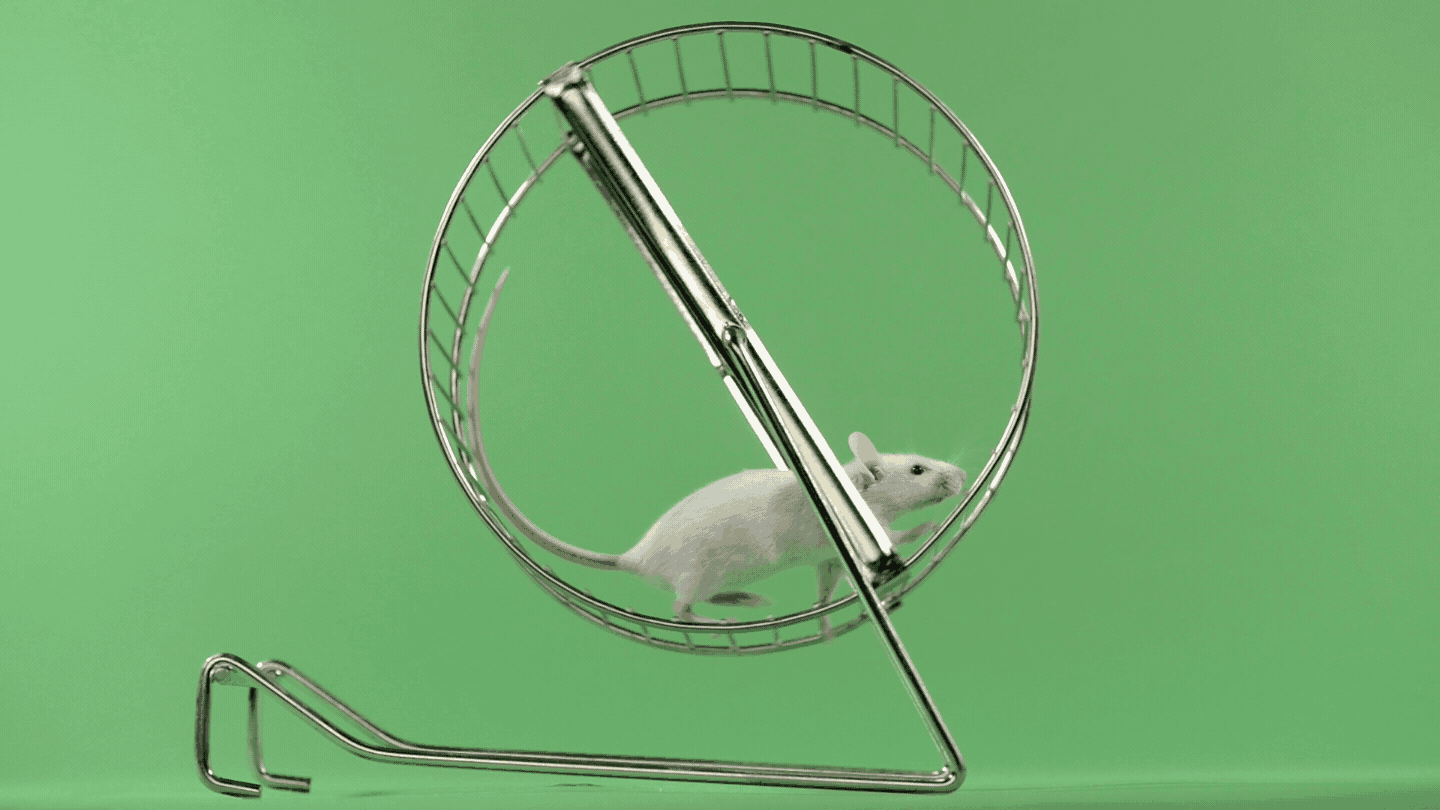 Neuroscience
NeuroscienceSemaglutide saps mice’s motivation to run
Mice given semaglutide, the key ingredient in drugs like Ozempic and Wegovy, lost weight, but they also voluntarily ran less on a wheel.
-
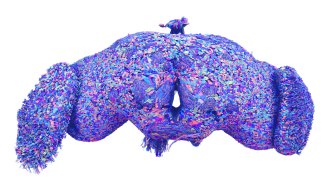 Neuroscience
NeuroscienceScientists have traced all 54.5 million connections in a fruit fly’s brain
By tracing every single connection between nerve cells in a single fruit fly’s brain, scientists have created the “connectome,” a tool that could help reveal how brains work.
-
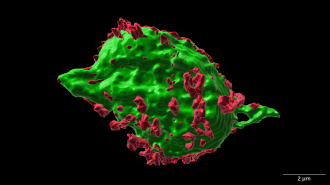 Neuroscience
NeuroscienceA study in mice hints at a new way to treat spinal cord injuries
The finding suggests that a drug to ease swelling can speed recovery and stop cell death.
-
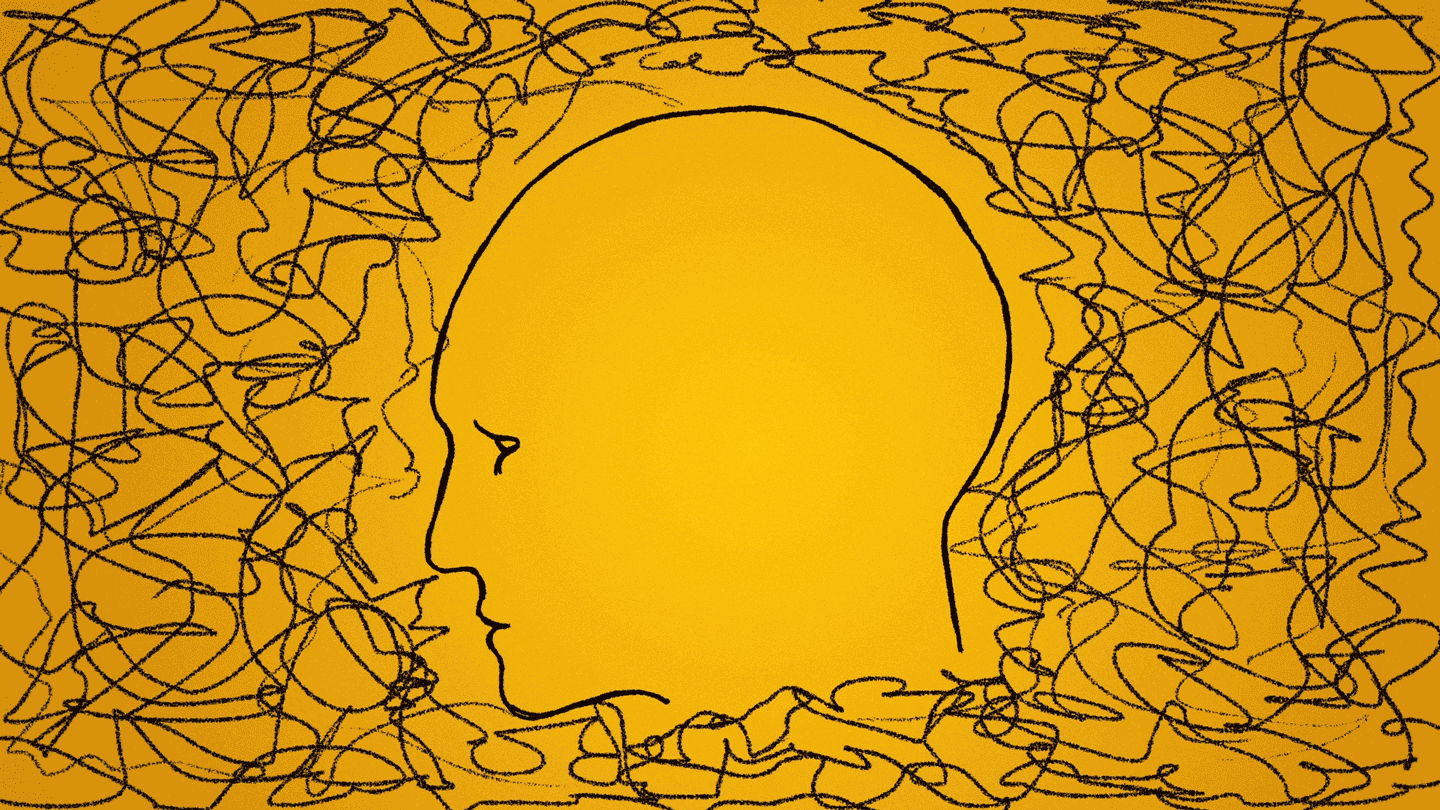 Psychology
PsychologyA brain network linked to attention is larger in people with depression
Brain scans revealed that teenagers with larger attention-driving networks were more likely to develop depression.
-
 Neuroscience
NeuroscienceBy studying the eyes, a researcher explores how the brain sorts information
Freek van Ede seeks to understand how the brain selects information to plan for the future. He’s finding clues in the tiny movements people make with their eyes.
-
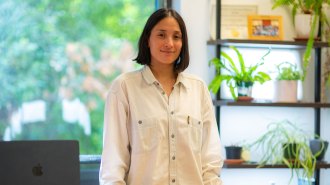 Neuroscience
NeuroscienceA cell biologist is investigating the balance of brain flexibility, stability
Andrea Gomez, a Berkeley molecular and cell biologist, applies her wide-ranging curiosity to brains’ mysteries ranging from synapses to psychedelics.